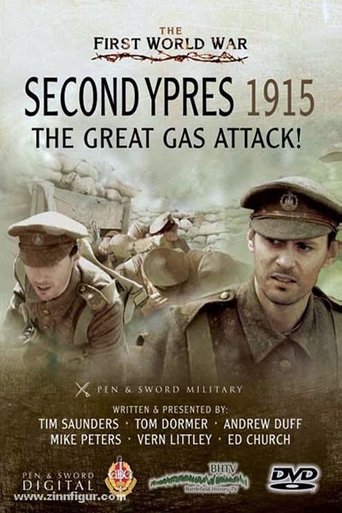Mons 1914
Feb 27, 2014On the 22nd of August 1914 the recently deployed BEF fought and delayed the German First Army of Von Kluck in around the industrial coal mining town of Mons. After 2 days of hard fighting the 3rd and 5th Division of II Corps, assisted by the Cavalry division, having borne the brunt of the battle withdrew South West in the direction of Paris. Whilst this battle was in reality a minor Corps action, when taken in the context of the Great War, it showed that the British regular soldier was more than a match for the German army when he was properly led and not vastly outnumbered by guns and men. This film shot on the battlefield tells the story of this 2 day battle bringing out the heroism and skill of the”Old Contemptible s “in delaying and escaping from Von Kluck’s attacking force of 6 Infantry and 5 Cavalry Divisions.
Documentary

